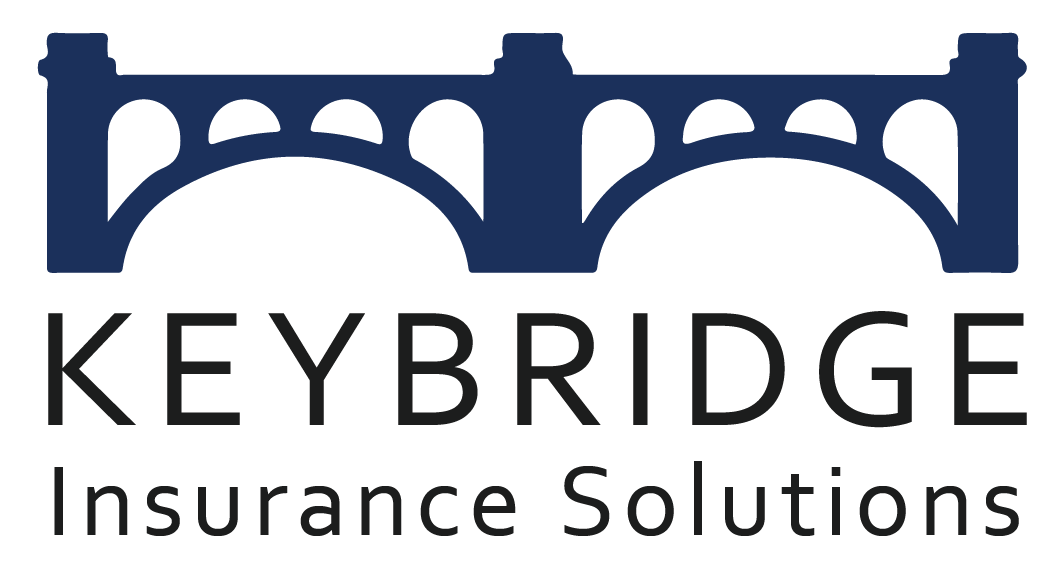Disability Insurance
Your income can be worth millions over your career—how well is it protected?
Think of all the things your income pays for. It’s a huge list. There are the necessities, like housing, food, and utilities. And the things that make life fun and special, like vacations, dinners with friends, and movie nights out.
Your income is the financial foundation of your life. Individual Disability Income (DI) insurance protects your foundation if the unexpected happens. It provides monthly benefits “like a paycheck” if you become too sick or hurt to work. Learn how it can help protect your current and future earnings—and see the true value of having this protection now.
Cover your most valuable asset, your income.
You already insure your car and home. But your income is the asset you rely on most—so it only makes sense to protect it, too. Take a look at how a lifetime of income compares to the typical value of a home or car. In other words, the future value of your income—and everything it represents in your life—isn’t something you want to leave to chance.
A disability can mean big changes to your expenses.
Disabilities aren’t just the result of accidental injuries. In fact, injuries only account for 3.5% of disability insurance claims. Most of the time (96.5%), they’re common illnesses, like cancer, heart-related conditions, and mental-health disorders.
Either way, being out of work due to a disability can have serious financial consequences. Two things typically happen:
- Your income decreases or stops.
- Your expenses increase.
96.5% of disability insurance claims are from illness not injury.
Additional expenses caused by a disability or illness can include insurance co-pays, in-home care, and medical costs not covered by insurance.
The last thing you want is to have to dip into savings or stop saving for retirement. With DI insurance, it’s unlikely you’ll need to do either because you’ll receive monthly benefits “like a paycheck” to help pay your bills until you’re able to return to work.
